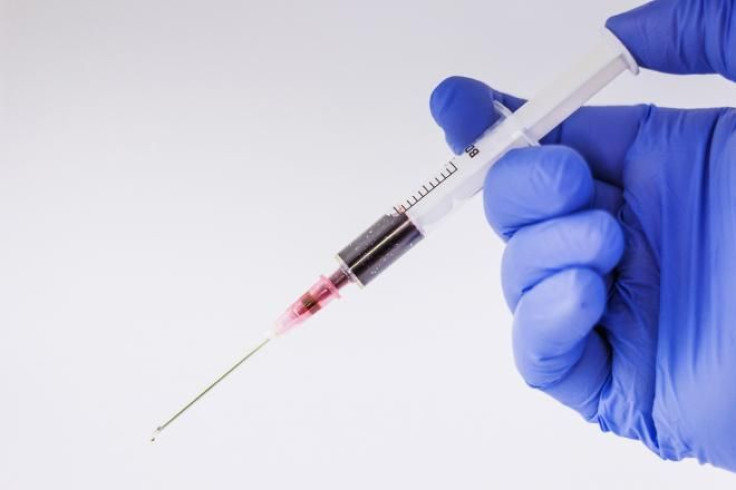Blood Testing And How To Talk To Your Doctor About Results

Despite how much we hate them, blood tests are routine when getting a yearly checkup. The National Heart, Lung and Blood Institute says the most common blood test that most of us have received is the Complete Blood Count, which helps detect disorders like anemia, clotting issues and blood cancers.
Understanding your blood test results can be difficult — doctors usually provide minimal insight into test results, and patients are often unsure of where to even begin asking questions. As Women’s Health reports, asking your doctor key questions about the results is an important part to knowing your body and what it needs. The magazine explains that doctors typically run tests depending on age, family history and medical conditions, which means you’ll want to talk to your doctor about what exactly is being tested.
Following your test, consider asking the following questions:
Do you see any abnormalities? Women’s Health recommends asking your doc if any numbers were off and the best way to address the issue.
Have you compared it to my family history? Women’s Health advises it’s important to look at your blood test results with your family history in mind as they can be a good indication of whether you’re at risk for specific diseases.
How does this compare to my last test? Even if your blood tests come back normal, Everyday Health suggests checking with how they compared to prior results. Have a discussion with your doctor about the differences and potential causes.
Should I make any changes? As Women’s Health explains, a blood test offers a good way to get suggestions from your doctor about how you can lead a better, healthier life.
How accurate are the results? According to Everyday Health, false negatives and false positives happen. If you’re experiencing abnormal health issues or symptoms but the test shows you’re in the clear, ask for another.











